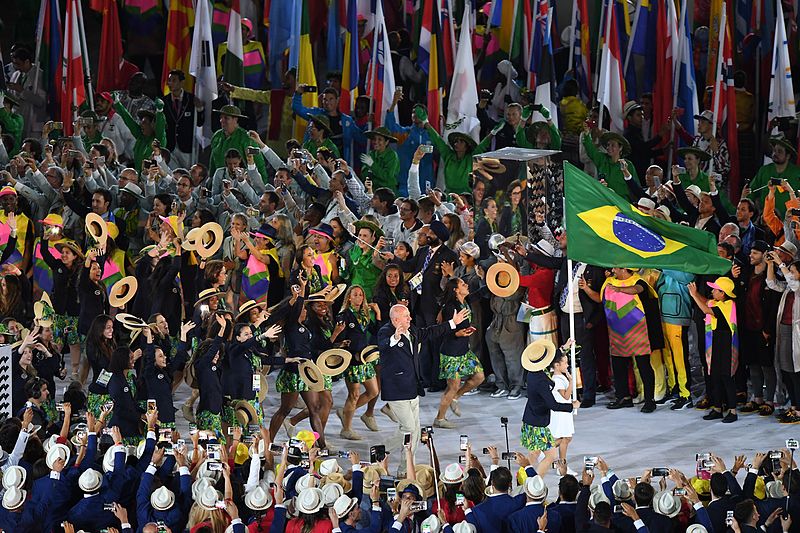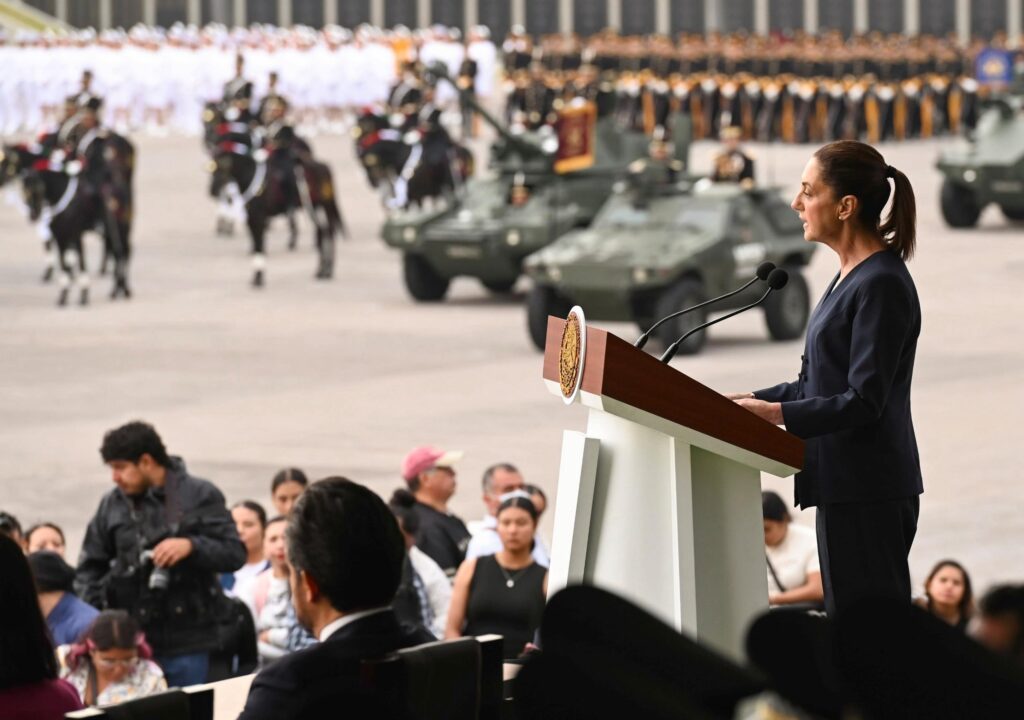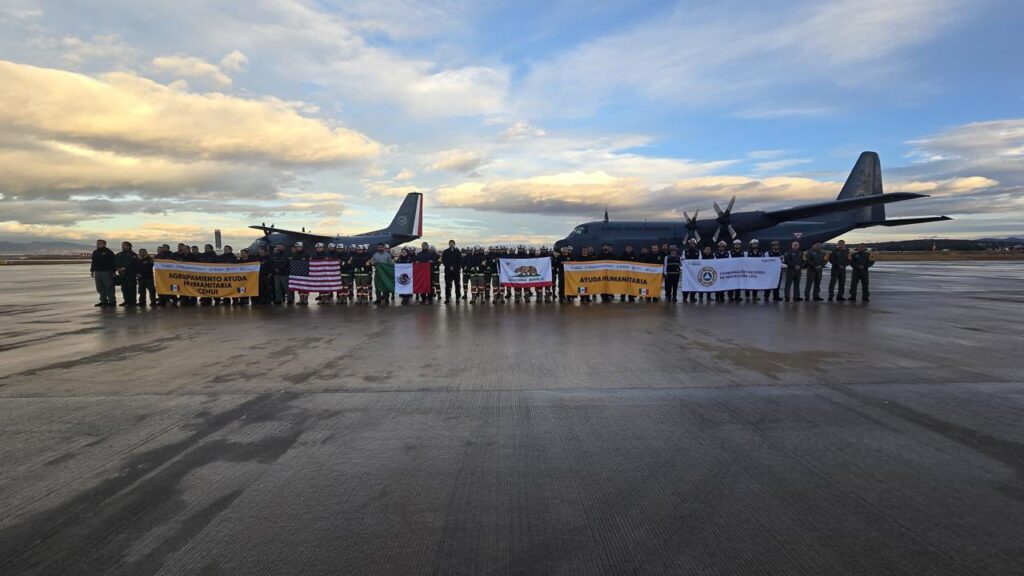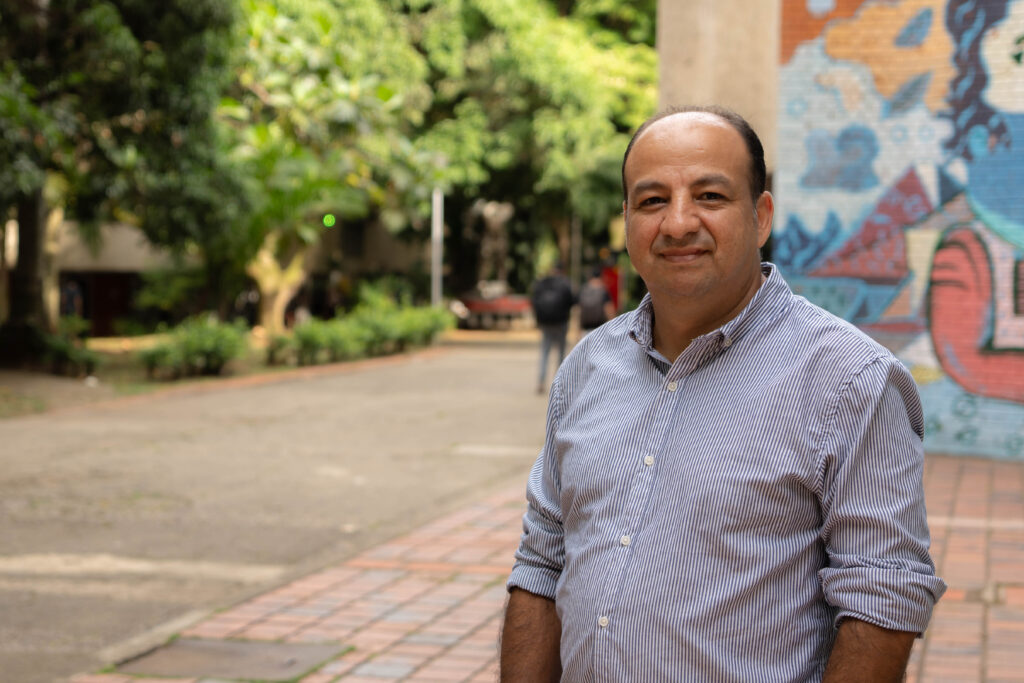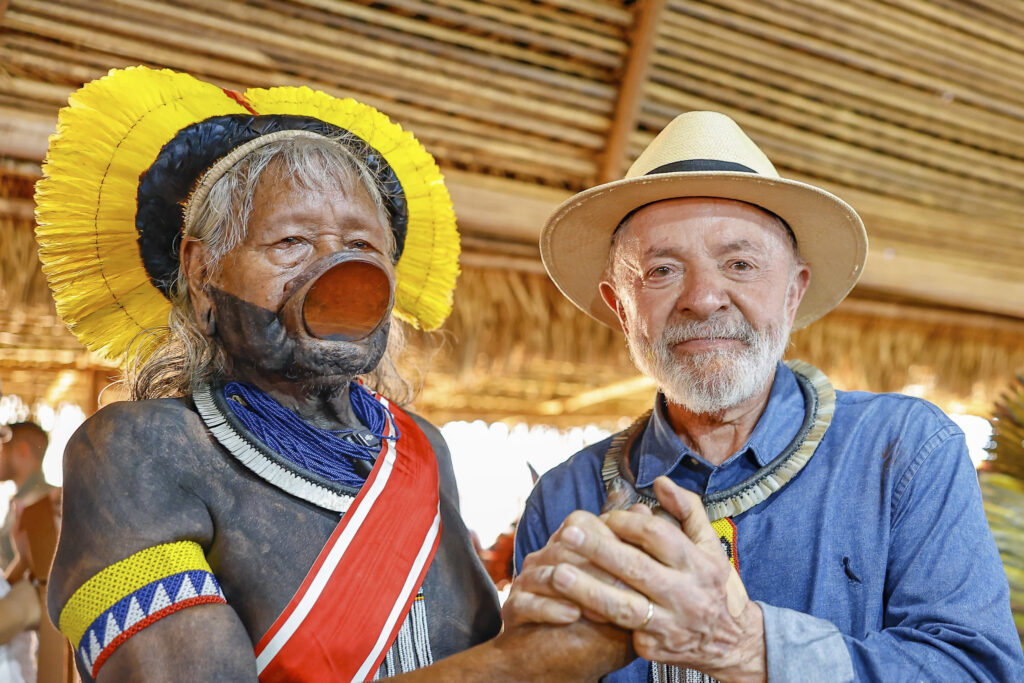According to data from the Brazilian Association of Hotel Industries published by Brazilian newspaper O GLOBO, a total of 16 hotels in the city of Rio de Janeiro have been forced out of business over the last two years.
Around two years ago, Rio’s tourist industry took serious measures to accommodate the 572,961 visitors who arrived to the city between July 1 and August 15 for the 2016 Olympic Games.
Having failed on three separate occasions to win an Olympic bid, the city of Rio de Janeiro submitted a fourth campaign in 2007 under the guidance of ex-President Lula da Silva, which eventually won in 2009.
However, the build up to the Olympic Games was by no means plain sailing.
In the months leading up to the start of the event, the country spiraled into the worst political crisis it had seen for decades. Levels of political instability were centered almost entirely around the impeachment of Lula’s successor and President at the time, Dilma Rousseff, whose powers were suspended just before the start of the Games.
The economic crisis that had already begun during Rousseff’s tenure as President also came to a head, which was evident across the city in the lack of planning and preparations for the historic event.
In fact, a general lack of organisation was observed across-the-board, from event volunteers complaining of a lack of information about their roles, to delays in construction processes. In fact, construction contracts were frequently cancelled or frozen due to ongoing Lava Jato corruption investigations.
The Olympic Park’s location in Barra da Tijuca, on the outskirts of the city, also meant there was huge pressure resting on the delayed construction of the state-funded extra metro line to be ready in time for the Games.
Almost two months beforehand under the guidance of Michel Temer, who was elected to be Brazil’s interim President, the government applied for an emergency financial loan. These measures, which allowed the government to borrow from state funds without permission, were taken in order to avoid a “total collapse in public security, health, education, transport and environmental management,” reported The Guardian.
Despite all of these factors, combined with a global health warning regarding the Zika outbreak which had been issued earlier on in the year, Rio de Janeiro’s tourism sector set to work in order to ensure visitors had a place to rest their heads.
Inspired by the promise that Rio was going to become the city of the moment, hoteliers and tourist agencies received a special credit line from BNDES (the National Bank for Economic and Social Development) in order to fund their construction ventures.
At the height of a record-breaking year for Brazilian tourism, there were almost 60,000 hotel rooms available in the market.
However, in a similar fashion to what has happened to the sporting facilities built for the games, for the sake of which entire communities lost their homes and livelihoods, some of these hotels now find themselves depleted, disused and empty.
As a result, over the last few years, hotels across the city have closed down, causing not only economic, but also social difficulties, as thousands of hotel staff now find themselves unemployed.
Hotels that have suffered the most are mostly located in the Barra and São Conrado region on the outskirts of the city, with Mercure Barra RJ becoming the most recent establishment to shut down, which closed its doors just yesterday, August 1.
Tourism is a hugely important industry in the city of Rio de Janeiro, bringing in 4.9% of the city’s GDP last year. Letting go of such high numbers of staff, therefore, as well as having to close major infrastructure has had a detrimental impact on the city’s economy.
Aware of of the current pressing issues, Marcelo Alves, president of government tourist division RioTur told O GLOBO that Brazil no longer has resources left to promote the country abroad. However, he remains optimistic that in years to come, the government tourism sector hopes to bring more money in from partnerships abroad.
Meanwhile, the scattering of disused hotels that were originally built for the Olympic Games is a stark reminder of the long-term impacts of the event, for a city that was perhaps not quite ready to undertake quite such a challenge.
This article originally appeared on our sister publication, Brazil Reports.


